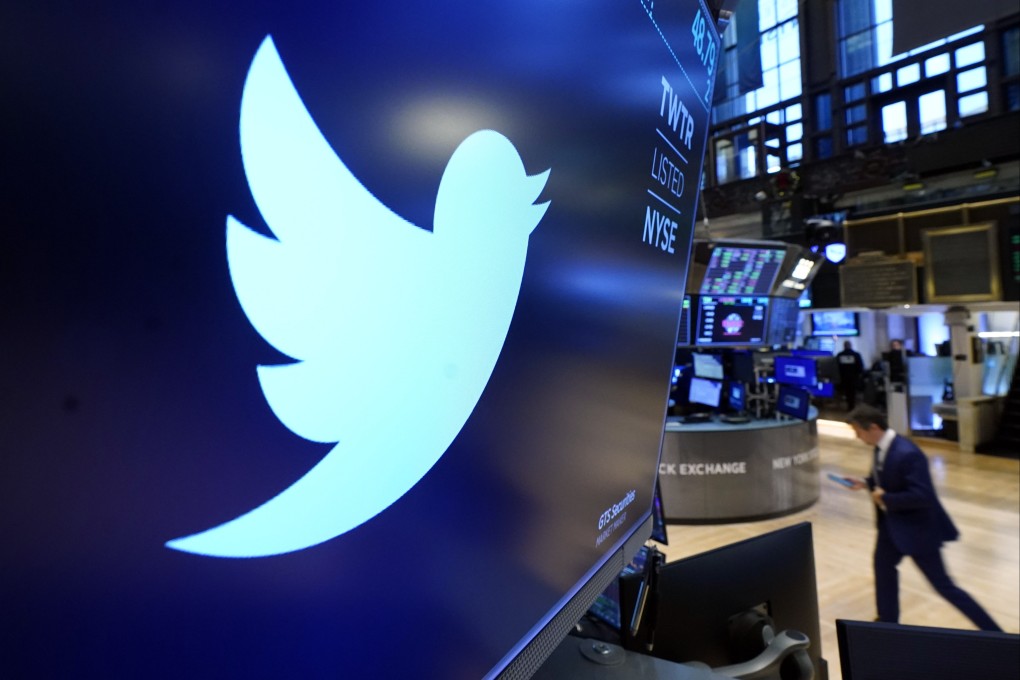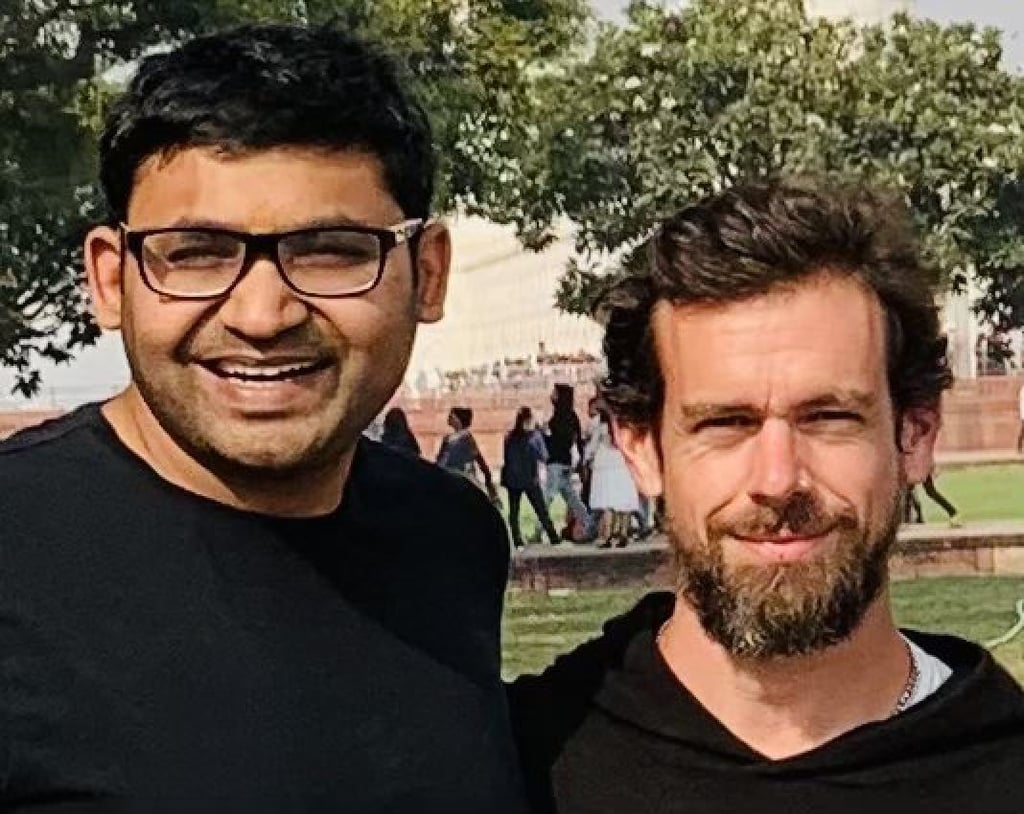US firms love Indian tech bosses: are IITs and ‘jugaad’ the keys to their success?
- Twitter’s Parag Agrawal in November became the latest in a long list of India-born professionals to be appointed a tech boss in Silicon Valley
- Rigorous engineering colleges, intense competition and the ability to deal with ‘uncertainty and ambiguity’ are some factors why they do so well, insiders say

When Twitter this week appointed Parag Agrawal to succeed Jack Dorsey as its new CEO, the platform was awash with excitement and pride from Indians.
“Is this the Indian virus – the ‘Silicon Valley CEO virus’ – for which there is no vaccine?” joked businessman Anand Mahindra of the Mahindra Group.
Agrawal is the latest in a long line of India-born executives to head a US technology firm.

Ever since waves of graduates from Indian institutes of technology (IITs) – the country’s top engineering colleges that are funded by the government – began migrating to Silicon Valley in the 1980s for better work opportunities, they have been breaking barriers in the US.
Some prominent names include Sundar Pichai, CEO of Google and its parent company Alphabet; Microsoft CEO Satya Narayana Nadella; IBM CEO Arvind Krishna; Adobe CEO Shantanu Narayen; and George Kurian, CEO of data storage company NetApp.
These success stories have fascinated Indians and many reasons have been offered to explain it. One is sheer timing.
“When Indian engineering graduates began migrating to the US in the late 1980s to do their master’s degrees in computer science and electronics, this increase in numbers coincided with a decrease in the number of Americans taking up engineering and computer science,” said Ajit Kumar, chief information officer at HCL Technologies. “That’s why the vast majority of IT professionals in the US are Indians.”